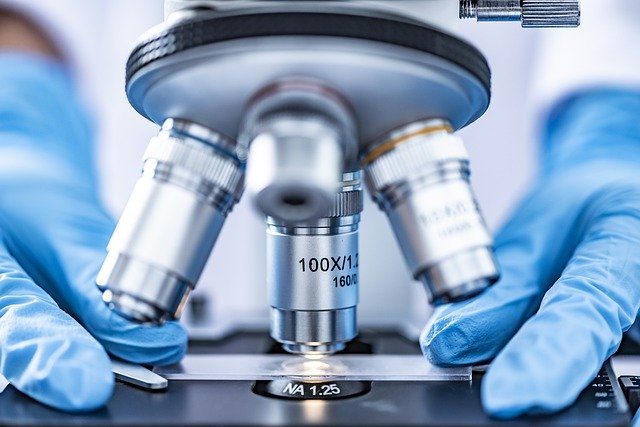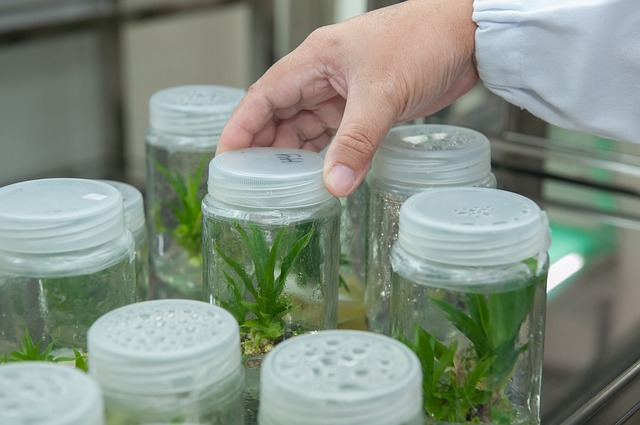TORONTO’S BIOTECH INDUSTRY
March 6th 2019 at 11:29pm Published by sharpshooteradmin

The Canadian biotechnology and life sciences sector is a significant contributor to Canada’s innovation economy, and one of the country’s fastest growing industries. The Canadian biotechnology sector comprises occupations within research, development and manufacturing.
With more than 400 biotechs, Canada ranks second after the United States in the number of biotech companies; it ranks third, following the United States and United Kingdom, in generating biotech revenues, with about $5 billion (Canadian). The Toronto area boasts 40% of Canada’s biotech industry.
The Toronto region is home to the largest geographic concentration of health sciences assets in Canada, with strong connections to other global centres of health science expertise. Many of the city’s research institutes and companies are clustered downtown near the intersection of University Avenue and College Street. Within walking distance one can find seven research hospitals, including Mount Sinai and the Hospital for Sick Children; more than 30 biotech companies, including Affinium; and major academic centers such as the UofT and the Ontario Cancer Institute, which is the research arm of Princess Margaret Hospital.
Facts:

- The life sciences sector employs about 27,000 people in Toronto and 40,000 people in the Greater Toronto Area.
- Around 54 % of jobs in the sector are in research and development services.
- Employment growth for the sector was 4.1% over the last 10 years, compared to 3.4 % for the GTA, 1.2 % for Ontario and 1.6 % for Canada.
- Annual wages for the sector are around $1 billion.
- Annual revenues are around $2.8 billion.
- Around 9,300 students graduate from a postsecondary life sciences program every year.
- 50 multinational pharmaceutical, medical device or health companies are headquartered in the GTA, along with around 800 made-in-Canada companies.
- Canada’s human health sciences supercluster is anchored on Toronto’s Discovery District, a globally-unusual downtown research park.
- Major discoveries include insulin, stem cells, the gene for cystic fibrosis and the T-cell receptor.
- Major strengths include cancer/oncology, neuroscience, chronic disease, cellular/regenerative medicine. Genomics (and *omics), medical imaging, medical devices, digital/informatics and clinical trials.